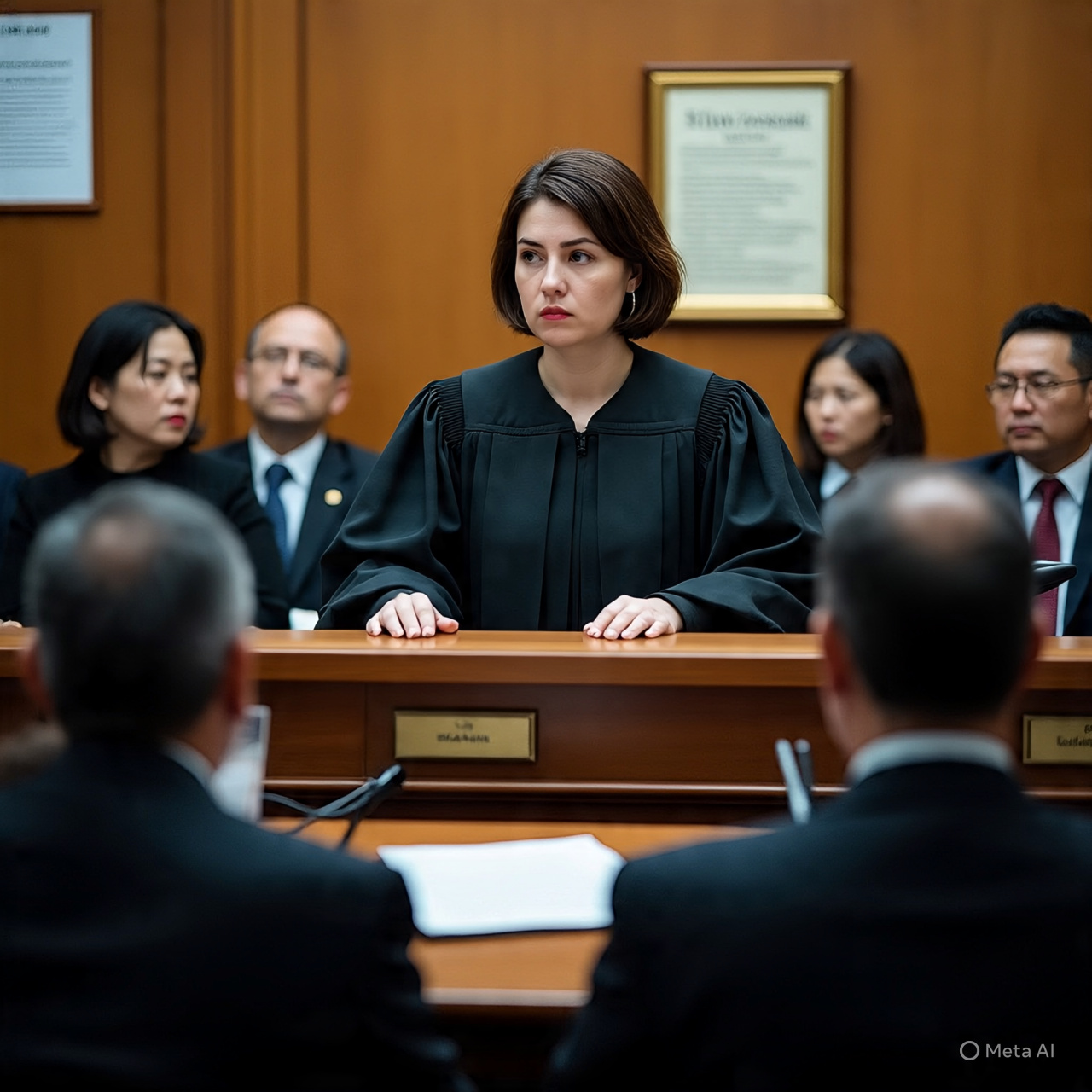Author’s Name:Abhinav Kumar, Lovely Professional University
Summary of Graphical Abstract:
Criminal Justice in Action: Trial Stages and Legal References provide a comprehensive understanding of how justice is delivered through each stage of the criminal trial process. It begins with the investigation stage, where the FIR is registered and evidence is collected under Sections 154-173 of the CrPC/BNSS. This is followed by the filing of charges and framing of the case, ensuring that the accused is formally informed of the allegations under Sections 200 and 221–224.
The trial stage forms the core of the process, where both the prosecution and defense present evidence, examine witnesses, and rely on expert opinions, guided by the Indian Evidence Act and CrPC provisions. The arguments and judgment stages, under Sections 235 and 353, ensure that both sides are fairly heard before the court delivers its decision based on law and facts. Finally, the appeal process (Sections 374–382) provides a safeguard against judicial error, allowing review by higher courts. Through the integration of real-life examples and case laws such as State v. Baljinder Singh and State v. Aarav Malhotra, the study illustrates how legal provisions operate in practice. It emphasizes the significance of procedural fairness, victim participation, and timely justice, aligning with the goals of the modern Indian criminal justice system. The research ultimately underscores that understanding these stages and their legal foundations is essential for ensuring transparency, accountability, and equality before the law


